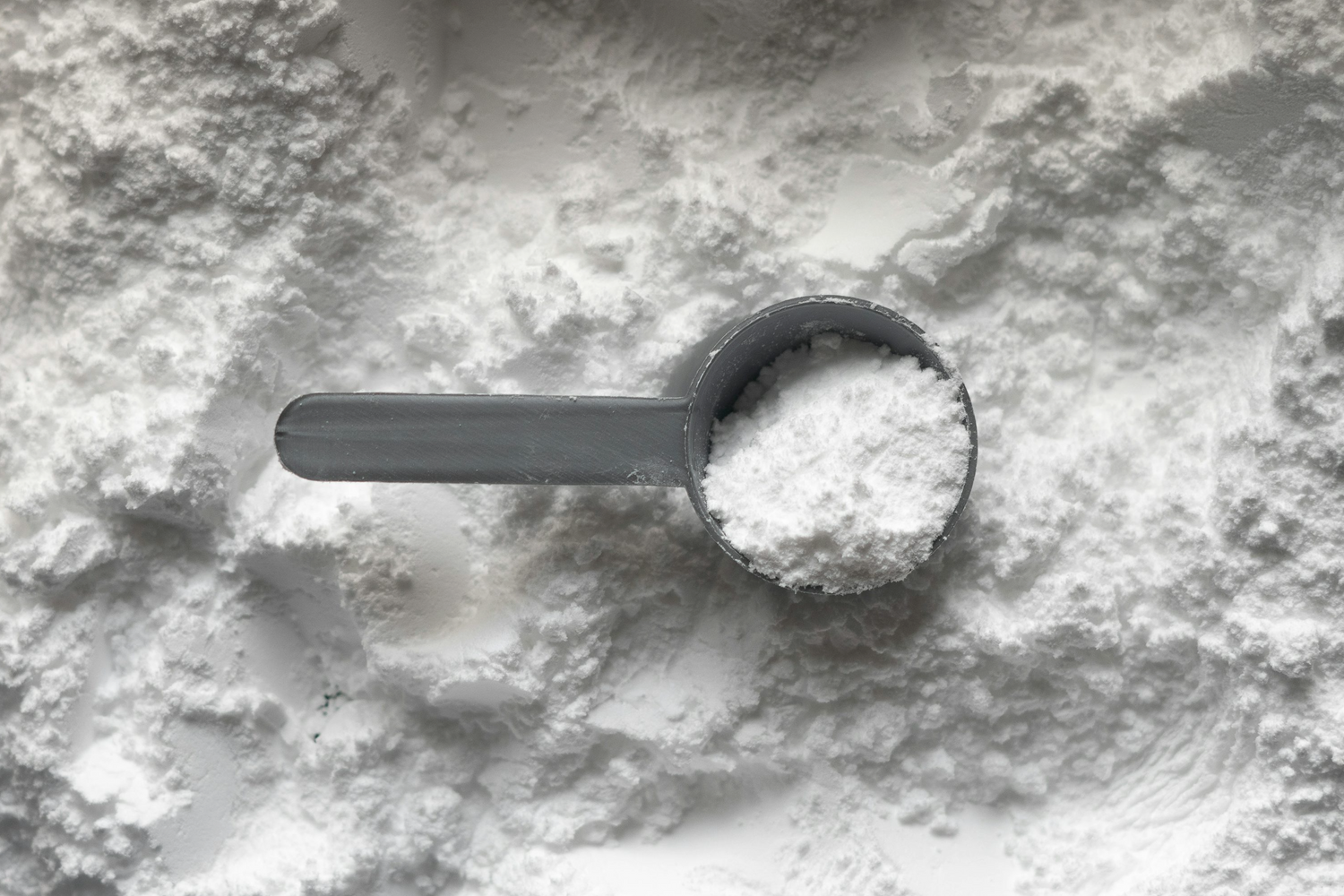What is L-Cysteine?
L-Cysteine is a semi-essential amino acid that plays a crucial role in various biological functions. It is classified as semi-essential because while the body can produce it from other amino acids like methionine and serine, certain conditions—such as illness, stress, or dietary deficiencies—may increase the need for external sources. L-Cysteine is found in high-protein foods like meat, eggs, dairy, and some plant-based sources, but it is also available as a dietary supplement.
How L-Cysteine Works in the Body
L-Cysteine serves as a building block for proteins and plays a significant role in glutathione production, one of the body’s most important antioxidants. Glutathione helps support the body’s natural defence mechanisms against oxidative stress and environmental stressors. L-Cysteine is also involved in the synthesis of keratin, the protein responsible for the structure of hair, skin, and nails. Additionally, it contributes to metabolic and detoxification processes within the body, particularly in the liver.
Where is L-Cysteine Found?
L-Cysteine is naturally present in high-protein foods such as chicken, turkey, eggs, dairy, legumes, nuts, and seeds. It is also found in some cruciferous vegetables like broccoli and Brussels sprouts. In supplement form, L-Cysteine is often included in hair, skin, and nail formulas or as a standalone amino acid supplement. It is also used in the food industry as a processing aid, particularly in baking, where it helps improve dough texture.
Potential Effects of Supplementation
Since L-Cysteine plays a role in glutathione production, protein synthesis, and keratin formation, it is sometimes included in formulations aimed at supporting antioxidant activity, hair and nail health, or metabolic processes. Some people take it as part of a general wellness approach, while others use it for specific dietary or fitness-related goals. Individual responses to supplementation may vary based on diet, lifestyle, and overall health status.
Final Thoughts
L-Cysteine is a versatile amino acid with a range of biological functions, from protein synthesis to glutathione production. While the body can produce it under normal conditions, certain factors may increase the need for dietary intake or supplementation. As with any supplement, its use should align with individual needs, and those considering it should assess how it fits into their overall health and nutrition plan. Whether obtained from whole foods or supplemental sources, L-Cysteine remains an important amino acid in the body’s biological processes.










